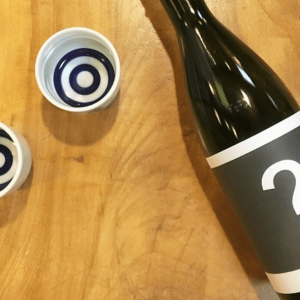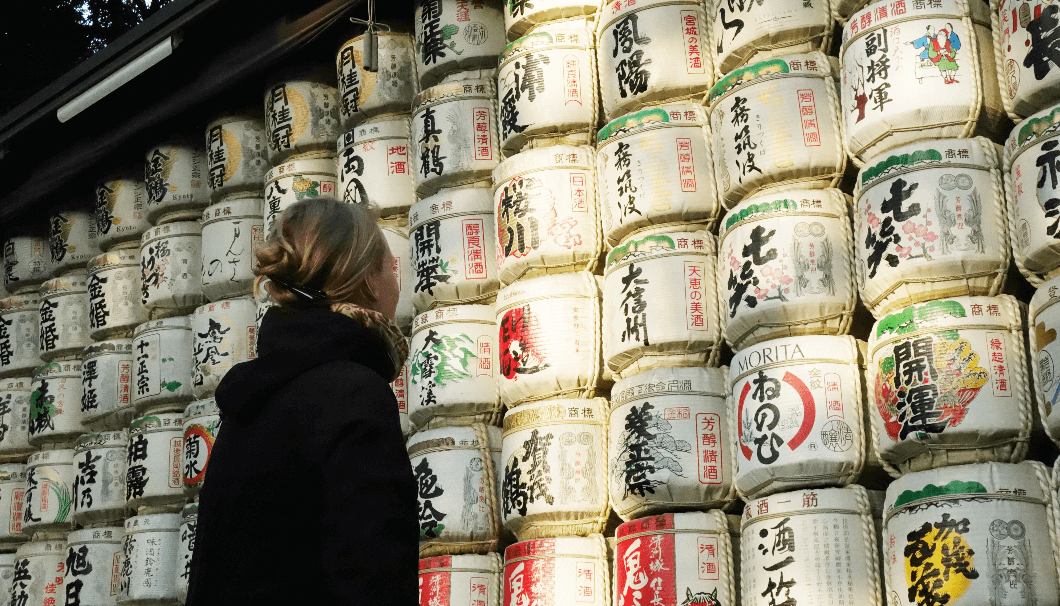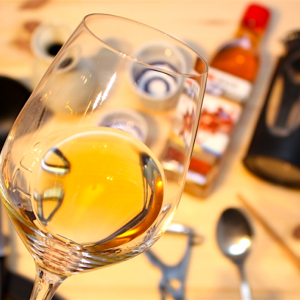
Expression No.1: Liken to Sweet Fruits
The sweet aroma of Ginjo & Daiginjo types can be likened to that of fruits.
Among which, the more laid-back aromas are likened to apple, banana, melon, pear, white peach etc.
Expression No.2: Liken to Sour Fruits
For fresher fruity aromas try comparing with sour fruits; citrus fruits like oranges and lemons, etc are a good starting point — or to be more precise: Lemons, oranges, grapefruit and strawberries, etc. Use them to describe the sort of sour aromas that burst open in the mouth.
Expression No.3: Liken to Rice
In the case of Junmai-shu, etc that offer direct enjoyment of the flavour of the rice, sticking to mainly rice-based expressions is one of the royal roads to describing this type of sake.
If the aroma of rice seems slightly alien to you — as it is to me — imagining rice in an alternative more concrete form such as mochi (rice cakes), freshly steamed rice, rice pudding, risotto etc — might help you to find the right expressions to describe it.
Expression No.4: Liken to Flora
The lighter aroma of sakes which have skipped the pasteurisation stage in part or entirely — like Nama-Zakes, etc — can be likened to herbs and flowers. If you’re not the flower loving sort, why not try comparing to the sort of herbs and plants used in everyday cooking like “mint”, “cinnamon”, “jasmine”, “tea leaves”, etc.
Expression No.5: Describe the Texture
This final expression is a little different from the above examples, but nevertheless describing the texture or mouth-feel of sake is one way to make it easier to understand. For example, “sticky”, “soft”, “light”, “airy”, etc. Unlike the aroma of fruits, there are no right and wrong expressions, so, this tends to be where the aficionados show off their skills.
A wider vocabulary will make sake even more fun. Using the expressions that we have provided you with as a reference, go out and get more enjoyment from the world of sake!





Comments